Breadcrumbs
- Home
- MD/PhD Program
- News
- Class of 2T8: What was your path to medicine?
Class of 2T8: What was your path to medicine?
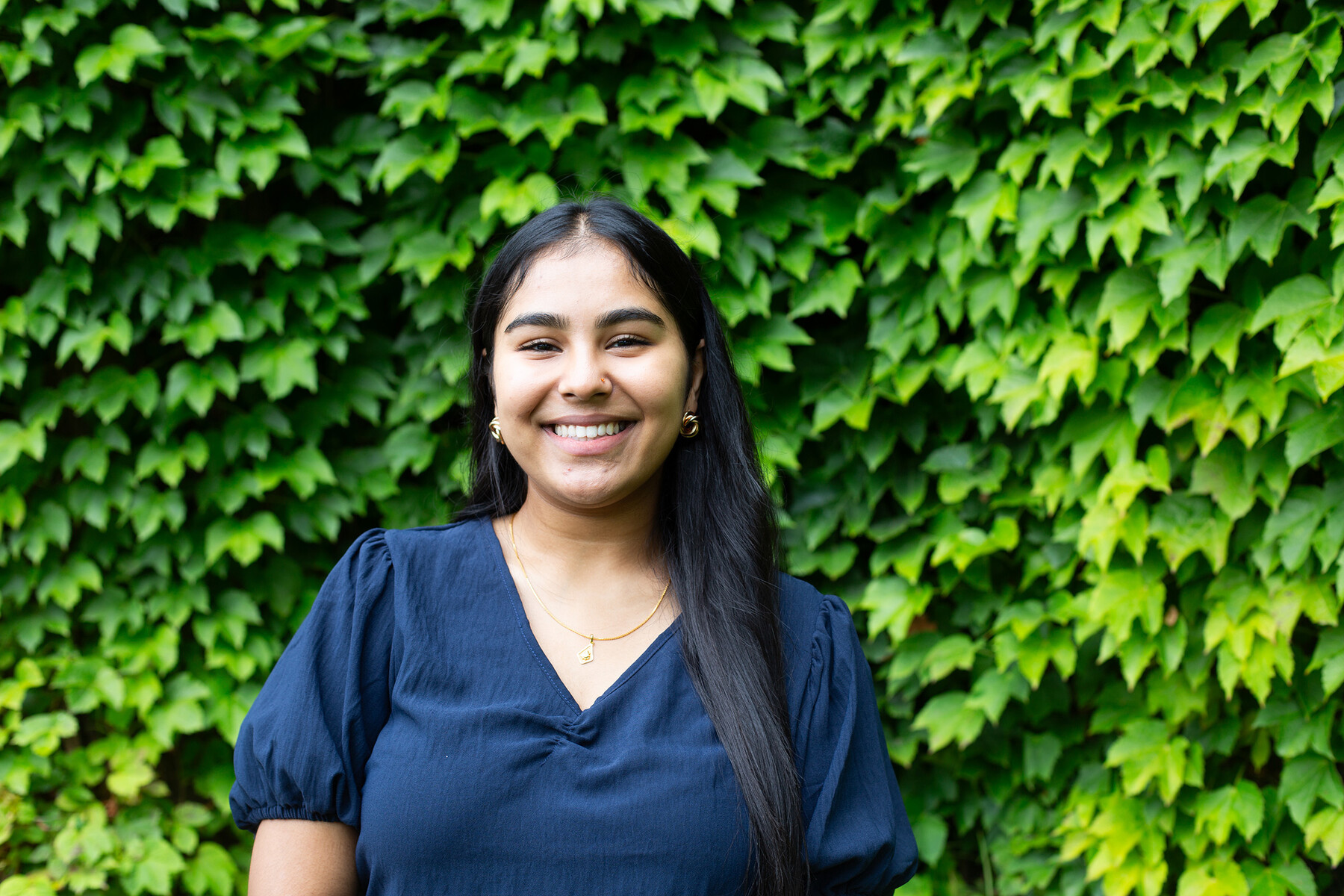
Suhangi Brahmbhatt
My journey to a career in medicine quite literally spans a journey across the globe; my Indian background, Zambian childhood, and ultimately, my life as a Canadian citizen have shown me what healthcare can do for one’s quality of life. I remember vividly the excitement on my parents’ faces at the prospect of a health care system that treated all equally, but that belief was quickly met with the reality that our background, or rather our own unique ‘Social Determinants of Health’ as I came to learn much later, would uniquely impact our access to healthcare. Throughout high school and undergrad, I made active efforts to promote equitable access to health care for those from my community as well as other minority groups and along the way I discovered I not only loved health care, but medicine itself.
The unique interface between our body and environment is the area in which modern medicine exists as a balancing force and I focused my research in areas surrounding this connection as I continued to grow my passion for human biology, anatomy and physiology, and health policy. Becoming a doctor is the ultimate confluence of these interests, as this career enables me to combine both my academic pursuits and my advocacy to contribute to the healthcare system.
Prior to coming to TemertyMed, I completed my undergraduate degree in McMaster University’s Health Sciences program, where my passion for a holistic approach to health was furthered through education in anatomy and physiology, epidemiology, health policy, as well as several inquiry based courses that encouraged me to explore how social circumstances, issues and opportunities contributed to health outcomes. At Temerty, I plan on actively working on the several parts of medicine and healthcare that I’m passionate about. From a health care delivery perspective, I am truly passionate about working to address gaps in healthcare especially within the realm of the social determinants of health because as an immigrant minority, I’ve seen firsthand how a lack of access to quality care can impede one’s overall wellbeing and build mistrust in the healthcare system; I hope to work towards bridging that gap by advocating for my patients, and for health policies that reflect a changing dynamic in the healthcare landscape. From a medicine perspective, there is really nothing that brings me joy like knowing the physiological roots of a problem and how to fix it; the human body is so incredibly complex but extremely elegant in its design and I consider myself extremely fortunate to have the opportunity to learn how physicians can restore the balance that makes life itself. As I enter Temerty this fall, the thing that sparks the most excitement in me is the idea that I will finally get to learn medicine itself; the fact that we, as future physicians, will possess the ability to treat and cure illness and disease is so unbelievably incredible to me and it is a privilege I do not take for granted.
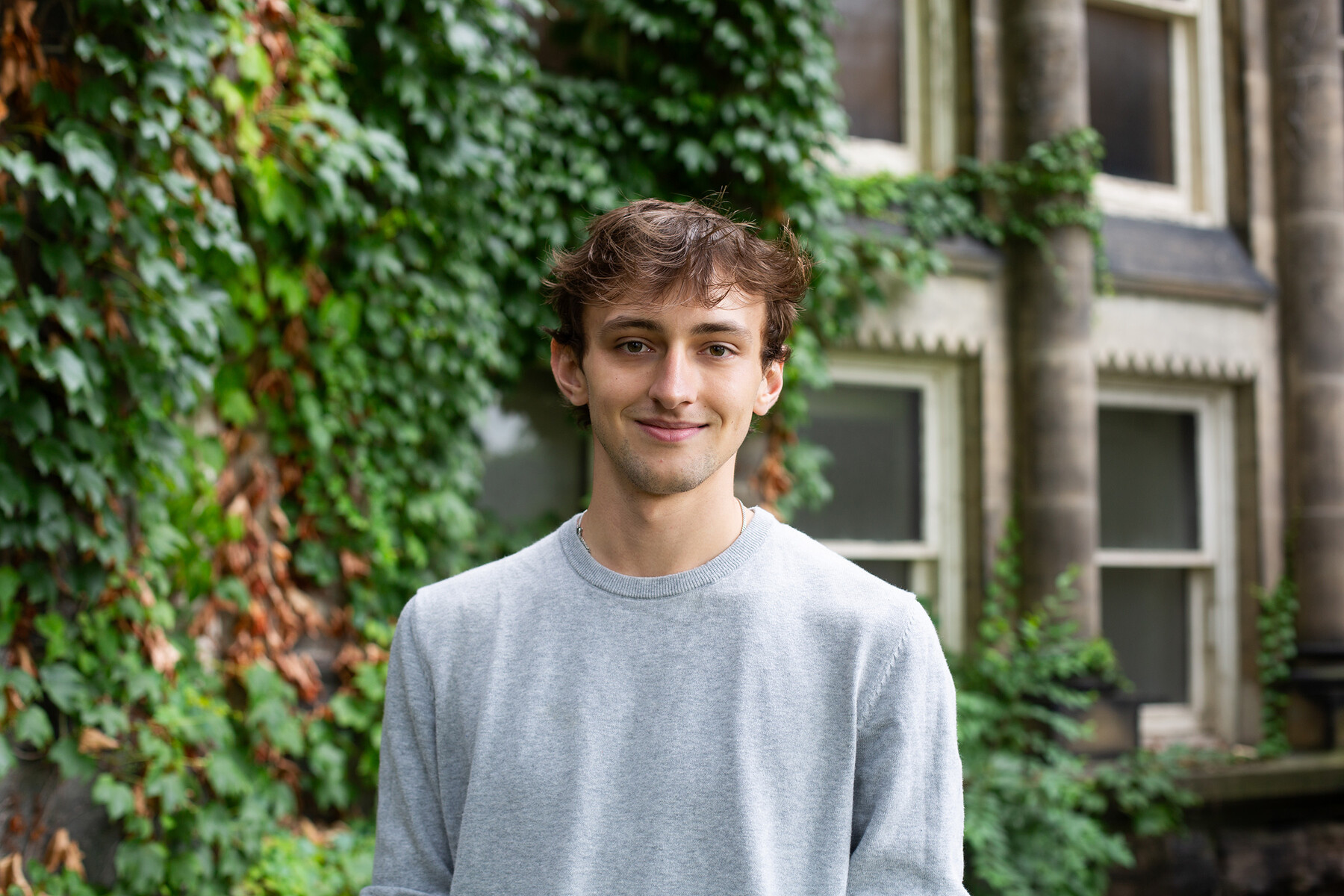
Nolan Reinisch
I struggle to remember the exact moment I became interested in medicine, but perhaps that’s because there wasn’t one. It was one of those things that creeps into your life so slowly you don’t notice it. I remember wanting to be an ecologist at the start of high school; traveling to the Amazon to document new species, that sort of thing. This changed to wanting to become a doctor probably through a combination of reading and talking to friends interested in medicine. While I don’t remember the moment, I do remember when I first spoke aloud my desire to become a doctor. My highschool chemistry teacher, my first memorable academic mentor, asked one day after school what I planned to take in university and what careers I was looking at. It was to her that I first said, “I think I want to study neuroscience, then become a doctor”, after which she replied with “I can see that”. She had grounded a path for me that had up to this point been abstract, and for that I’ll forever be grateful. My family has also been major contributors to my journey. My parents were always supportive and never dictated what path they thought I should take. I’ve also had family members fall victim to the Oxycontin overprescription debacle, inspiring me to pursue a career where I can work to provide better pain therapies. I also found myself attracted to the uniqueness and sanctity of the patient-doctor relationship, a responsibility I’m excited to take on.
I grew up and went to high school in Ottawa, just finished my B.Sc. in Neuroscience at McGill, and have been working this summer to finish a research project I started last year. I’ve been a camp counselor since the moment I turned 16 and have worked as a bartender for the past three years. In addition to work and school, I’ve played hockey and soccer my whole life and have started getting into running. I’m also working to expand the breadth of my hobbies. I want to get back into piano, begin reading again, and start playing more of the sports I love. Perhaps I’m being too ambitious with the start of the semester looming, but I like to be optimistic.
I have some vague ideas that have yet to be tested. One is the prospect of developing useful skills that can make life better for rural communities throughout Canada. There are so many parts of this country that remain unknown and mysterious, almost foreign. I would love to spend time with the people that make up this place I call home and help distribute medical resources by taking my skills into those communities. I’m also interested in transplantation. I think it’s one of the greatest medical miracles that we can now take out a diseased heart and replace it with a healthier one. That being said, I’m keen to gain a wide breadth of experiences so that I can narrow down exactly where my interests lie.
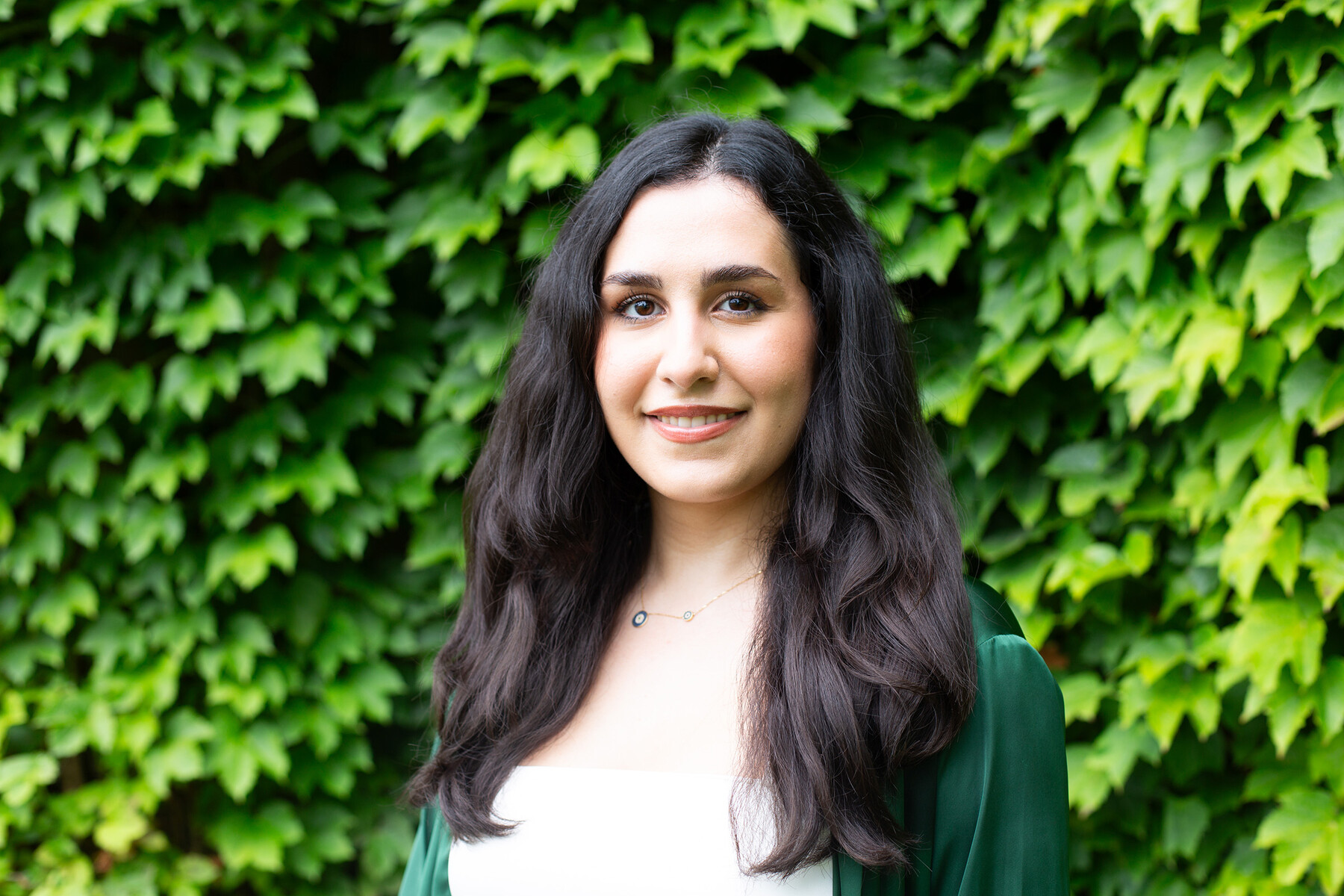
Helia Hatam Tehrani
My journey toward medicine began with my grandmother, who often expressed that she did not feel heard or advocated for by her healthcare team. As a little girl, I wanted to ease her pain in any way I could, and this desire to help sparked my initial interest in medicine. Growing up in the Middle East, I also noticed that women's health and hygiene were taboo topics, leading to feelings of anxiety and confusion among my peers and myself. I was curious about the lack of equitable access to resources and education on women’s health, and I wondered if this contributed to my grandmother’s health struggles. After immigrating to Canada, I found that while there was more health education here, menstrual hygiene advocacy and destigmatization were still inadequate. To address these issues, I co-founded Hygiene4Her, a nonprofit dedicated to empowering women, especially those from marginalized communities, through fundraising, advocacy, and health education.
My journey with Hygiene4Her, made me realize my passion for being an advocate for my community’s health. Moreover, through my undergraduate research experiences, I discovered my interest in contributing to on-going scientific research. These valuable experiences reinforced my decision to pursue medicine. I want to bridge the gaps in healthcare that I have witnessed and ensure that my patients feel heard, understood, and supported. In my career, I will strive to be a proactive advocate for more equitable access to health education and patient-centred care.
I completed my undergraduate studies at Western University, where I completed an Honours Specialization in Physiology in the Medical Sciences program. During my undergraduate years, I worked as a Residence Education Advisor at Western university, mentoring first-year students in navigating and adjusting to university life. After graduation, I decided to take a year off to gain more life experiences. During this year, I worked as a high school tutor, working with over 40 students in math and science subjects and supporting them through university applications. At the same time, I volunteered as a research assistant at a nutritional sciences lab at U of T, where I continued to develop my research skills while applying to medical school.
Every aspect of medicine intrigues me, and I feel incredibly privileged to be on this career path. However, I am particularly passionate about providing compassionate, research-based patient care and advocating for the health and well-being of my patients and community. I am committed to promoting health equity and ensuring all patients have access to high-quality care. This includes working to eliminate health disparities, supporting public health initiatives, and engaging in community outreach to empower individuals. My passion for medicine is driven by a desire to learn from my peers and mentors, to make a meaningful difference in patients' lives, and to contribute to the advancement of healthcare.
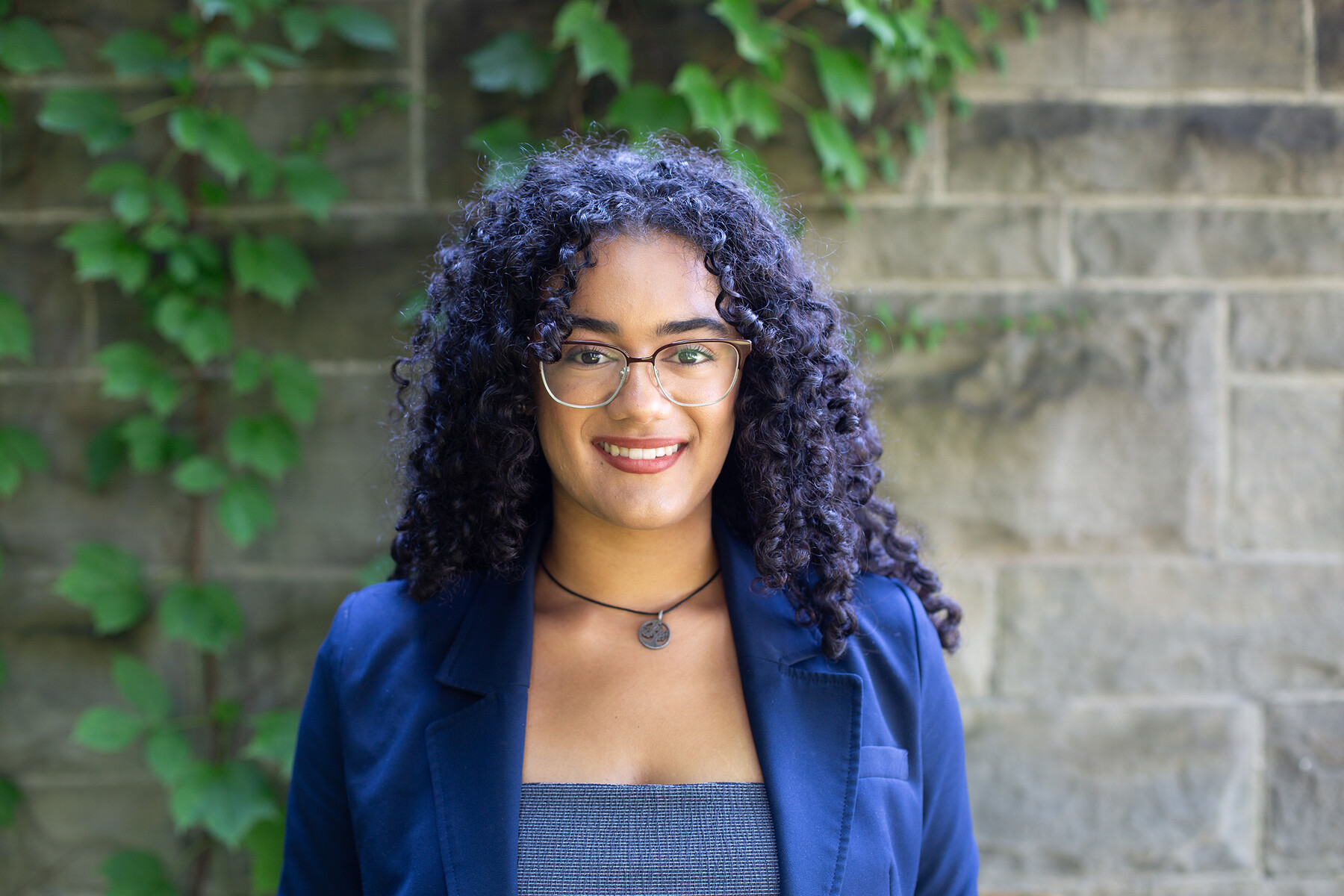
Ariana Petrazzini
Growing up with a medically fragile sister immersed me in the world of medicine from a young age. I spent countless hours in hospitals and often had nurses and PSWs in my home, which naturally sparked my fascination with the tools of the trade such as stethoscopes, needles, and latex gloves. This fascination along with my academic strengths in the sciences led me to pursue a Bachelor of Health Sciences at McMaster University. My growth during undergrad extended far beyond the classroom. My deep involvement with the Black Student Success Center allowed me to volunteer in programs and initiatives focused on creating inclusive and safe environments for Black students, ensuring they had the same opportunities as the rest of the student body. I also engaged with healthcare-related clubs, such as McMaster Smiling Over Sickness, where I volunteered with and fundraised for pediatric patients. These experiences, along with many others, continually reinforced my passion for medicine. Now, I am both excited and grateful for the journey ahead as I continue my education at Temerty Medicine.
As someone who is biracial, with Argentine and Jamaican heritage, I’ve had a unique journey navigating the healthcare system. Throughout this journey, I rarely saw myself represented in medicine and experienced inadequate healthcare due to the way certain conditions present on my skin color. These experiences fueled my commitment to equitable care, with a focus on meeting the needs of underserved populations. I am deeply passionate about creating meaningful connections with patients and their families, ensuring they feel heard and valued in a system that may have previously made them feel overlooked. The opportunity to learn and practice in a city as diverse as Toronto aligns perfectly with my passion for understanding different cultures, practices, and beliefs.
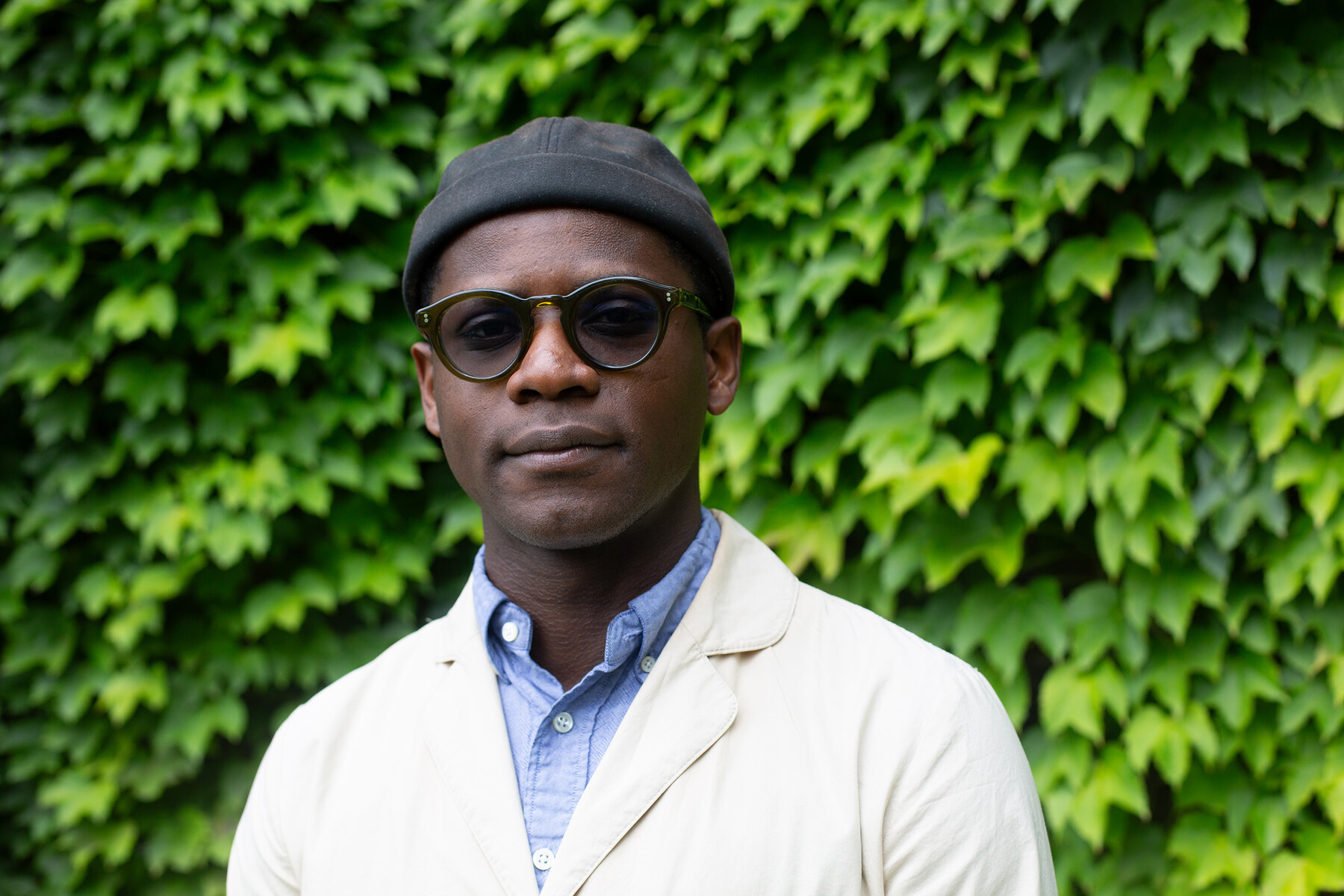
Michael Zarathus-Cook
I must have been 5 or 6 when I had to go to the hospital for a minor emergency in my hometown in Southwest Nigeria. There was only one doctor in the small hospital; I remember him running back and forth between wards, very busy but composed and thorough with each patient. His name was also Michael. I think that’s where I first got the idea of the good that a doctor could do. Every encounter with medicine since then has only reinforced the spirit of these first impressions.
My journey here has been unconventional. I was living in a homeless shelter when I started my undergrad at U of T, which complicated my timeline towards med school. But throughout this trajectory, I always believed that medicine was the path for me, and that Toronto was the place where I wanted to receive my training. The “You Belong Here” banner that used to hang on the west-facing wall of the Medical Sciences Building became a bit of a personal mantra throughout this journey. But it’s the people in these buildings, U of T’s administrators and faculty, that helped turn this mantra into a realistic mission. The unsung heroes of unconventional routes to medicine are the staff members who mix in a great deal of humanity into their job description by lending a listening ear or pointing out resources that make this process more equitable for people from all walks of life.
Most of my professional career so far has been in the arts. I founded a print and digital arts magazine in 2020, and we’ll be publishing our 14th issue this fall. In 2023, I completed my Masters of Medical Physiology here at TemertyMed, an eye-opening experience that amplified my interest in medicine and activated what I had learned from my undergraduate degree as a Health & Disease Specialist. In the interim between my masters and starting med school, I had the good fortune of being the Managing Editor for the Toronto Symphony Orchestra during their 101st season.
The aspect of medicine I'm most passionate about is equity. It’s where I think every conversation in healthcare should begin and end — what are the barriers to accessing this new drug/intervention that we’ve painstakingly developed? The universal healthcare we have in Canada is a miracle that we should never take for granted. But, in a city as diverse as Toronto, the socioeconomic barriers that some people face in accessing this care undermines the value and mission of universal healthcare. So I’m deeply motivated by how my training here can be in service of this city’s underserved and underseen communities.
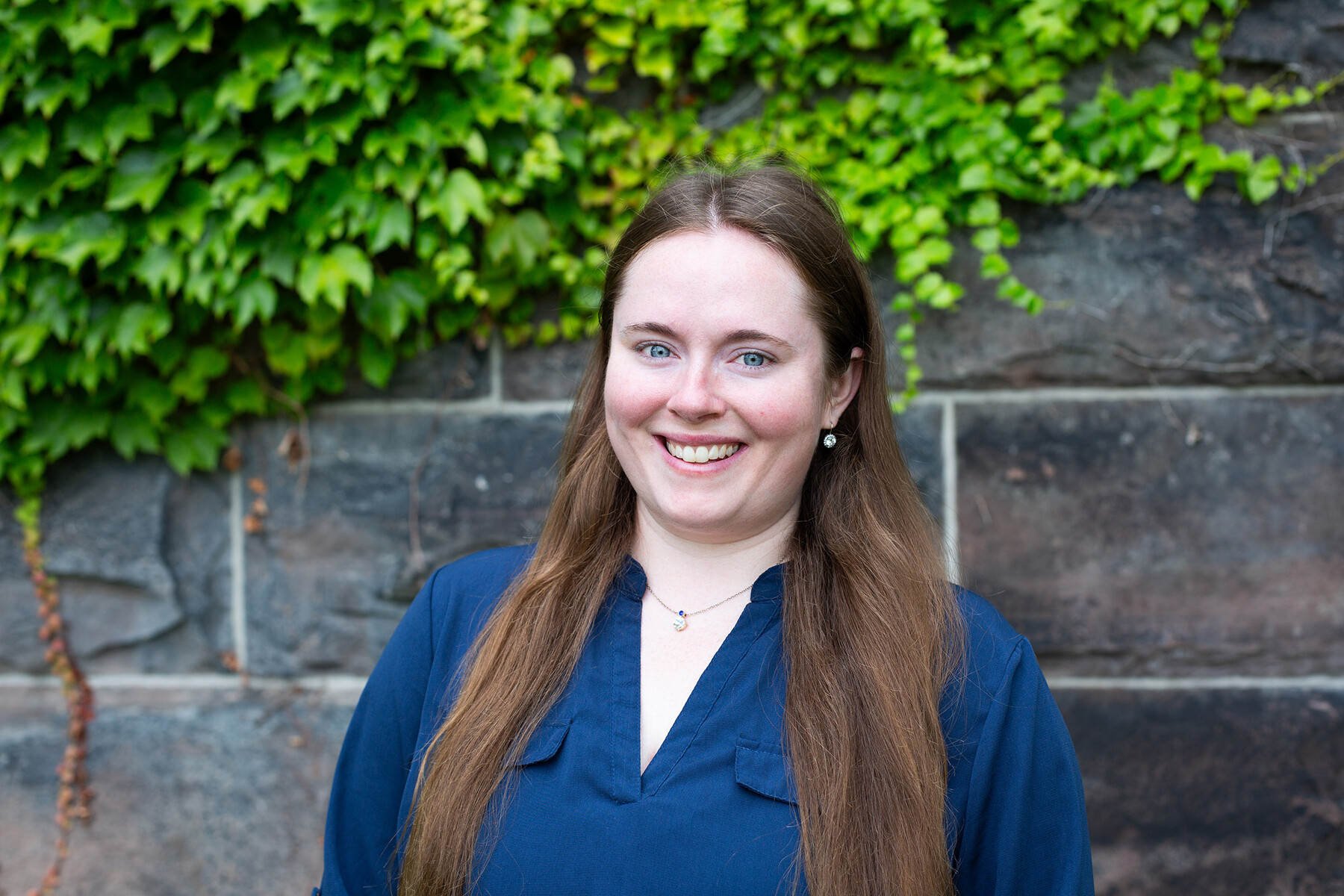
Cedar Davidson
In my last year of high school I had the opportunity to attend the Ontario Science Centre Science School. This program emphasized my interest in science and research which helped me decide to pursue my undergraduate degree in Biology while also triple minoring in French, Human Services and Bioinformatics. Growing up, I often helped take care of my elderly grandmother where I recognized the impact that bedside manner and physician communication has on patients and their families. I decided to pursue a career as a physician because it would allow me collaborate with other healthcare professionals to support patients in their vulnerable moments.
Before joining the TemertyMed family, I was very involved in my community. I volunteered as a Bilingual Kids Help Phone Crisis Responder and also as a child life volunteer at SickKids and Southlake Regional Health Centre. For the past two summers I had the privilege to spend time at Campfire Circle, a paediatric oncology camp for patients and their families. I also recently completed my Master’s in Public Health (MPH) through Brock University. In 2023 I joined Dr. Darren Kadis’ lab at SickKids as a Clinical Research Project Assistant in the Neuroscience & Mental Health Department. We are currently working on a study about hearing, language, and speech in kids with autism spectrum disorder. I look forward to contributing to research throughout my medical career.
Attending a Historically Black College/University (HBCU) in undergrad shaped who I hope to become as a leader and advocate in the field of healthcare equity. This is one area of medicine that I am passionate about and hope to greatly impact as a physician. Understanding how social determinants of health affect my patients will be top of mind as I work to develop trust and accessible treatment options in the communities I serve.
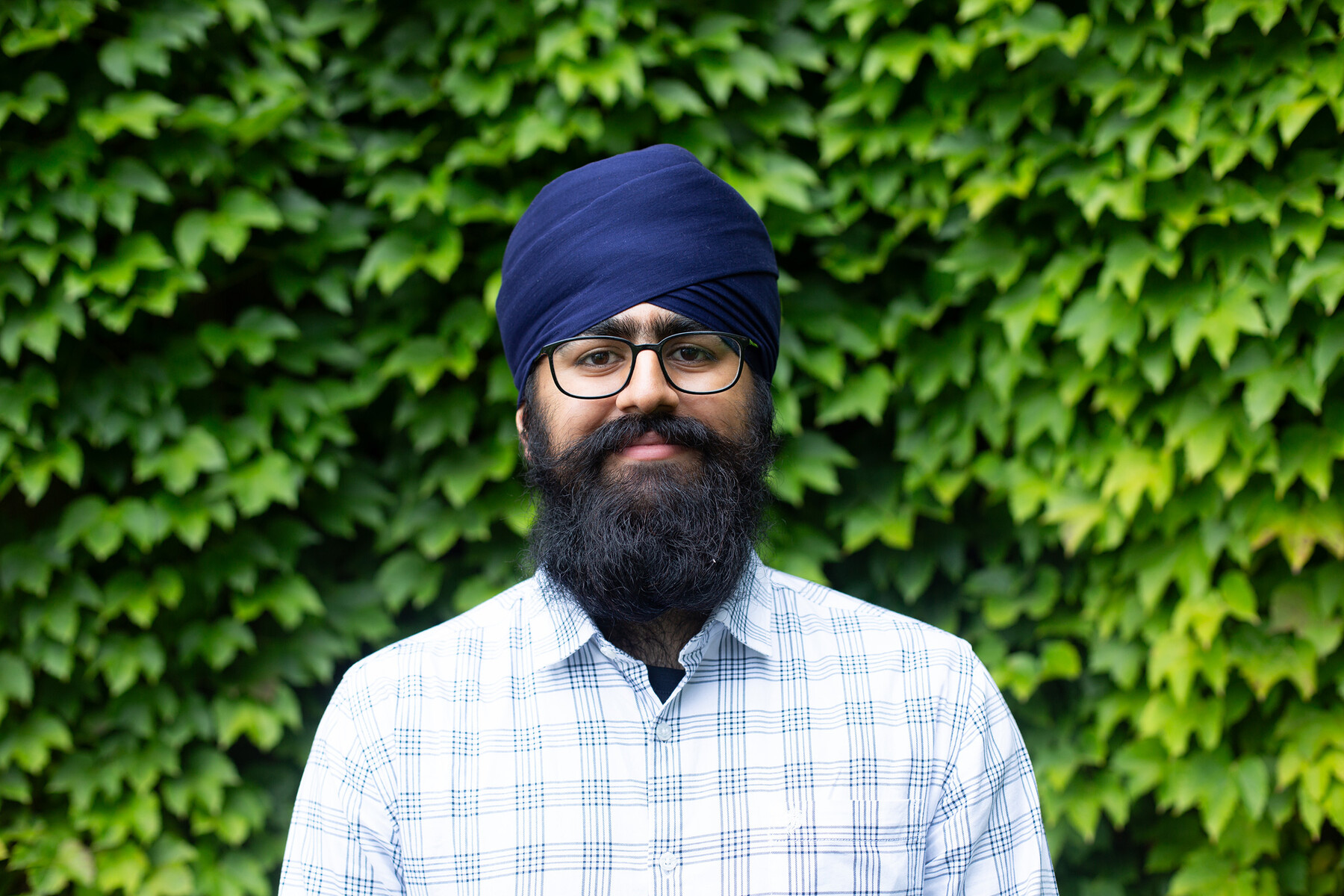
Sahib Singh Madahar
One experience that my parents often recount is when they first moved from Montreal to Toronto and the challenges they experienced with finding a specialist for my medical care. Fortunately, they found a remarkable pediatric hematologist who provided exceptional care, comfort and support during a time of instability and uncertainty. This meant a lot to my parents and to this day, I continue to be inspired by his practice. During every visit until the age of 21, my pediatrician would always inquire about how my studies are going, encourage my passion for science and answer any pressing questions that I had, simply out of my curiosity. This experience has left an everlasting imprint of how I view medical doctors and has instilled the importance of positive and meaningful physician-patient interactions that I aspire to embody and reflect in my practice.
As I continued to learn more about the healthcare system and help support close family members during their medical treatments, I became exposed to the barriers that impact medical care. Troubled by the lack of dissemination of medical knowledge to make informed decisions, I wanted to pursue higher education to equip myself with the resources and knowledge to provide equitable care, advocate for communities facing barriers and empower patients to overcome any disparities that prevent them from seeking treatment.
I have always been fascinated by learning more about science, the complexities and interconnectedness of the human body and the underlying mechanisms in health and disease. My growth over the years as an avid biomedical scientist has fostered my curiosity of medical research, encouraged me to learn from the lived experiences of diverse and marginalized communities, and driven me to advocate for increased accessibility to medical care and knowledge. Practicing medicine also aligns very well with the principles of my Sikh religion which include continual learning, oneness, seva (selfless community service), and social justice, to name a few.
I completed my undergraduate studies at York University in the Biomedical Science program with a minor in Psychology. The research experiences I gained during my undergraduate studies encouraged me to pursue graduate studies. I recently completed my M.Sc. in Biology in the Cell and Molecular Biology stream with a focus on Immunology at York University. One of the many highlights of graduate school for me included being a lab TA where I communicated my knowledge, helped students succeed and shared with them the best practices of working in a research lab.
I’m very interested in cutting-edge advances and discoveries in the field of cancer immunotherapy. While these advances are promising, several challenges and obstacles exist. Cancer immunotherapy is an area of research that aligns with my interests of discovering innovative and personalized immunotherapy treatments, along with advocating for low- and middle-income countries and marginalized groups to help reduce the socioeconomic barriers in accessing these treatments in a timely manner. As a future physician, I hope to become a leader in the medical profession, collaborate across disciplines to improve accessibility to personalized medicine and healthcare globally, and educate patients about their health with up-to-date literature to help them make informed decisions.